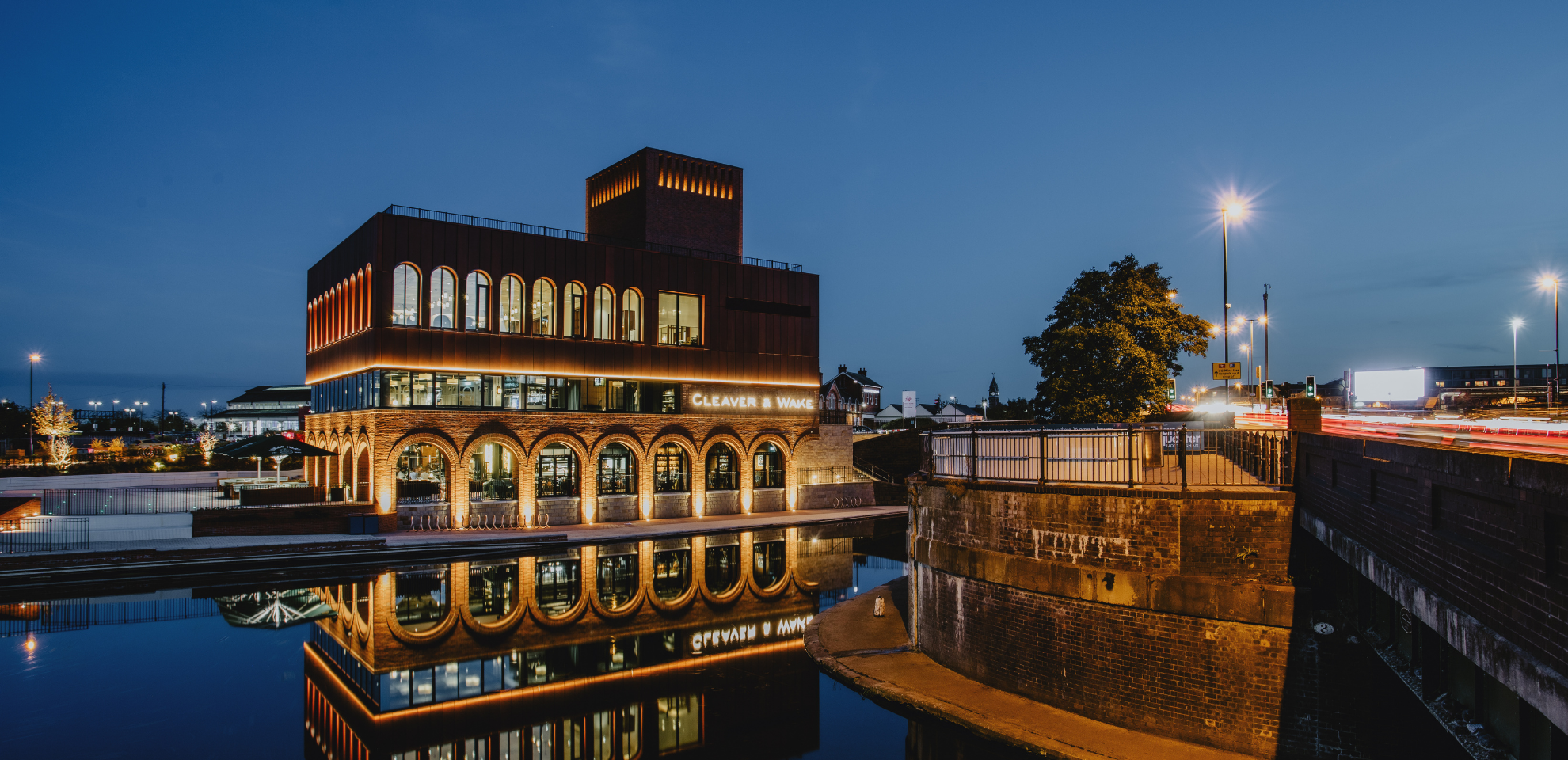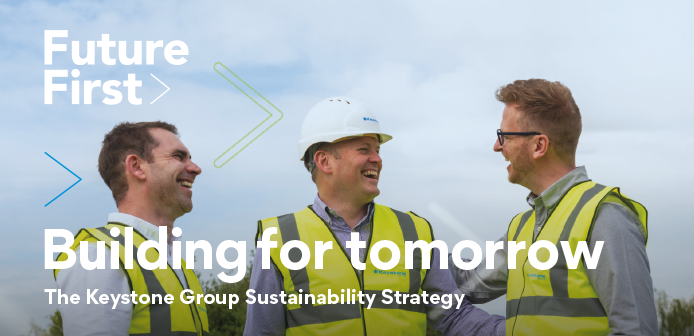A building product’s environmental credentials do not necessarily stand and fall on the amount of carbon it emits during use or in situ. Some solutions, such as brick slip lintels, and brick on soffit systems have evolved to speed up and simplify traditional construction techniques, an outcome that delivers significant sustainable benefits by reducing onsite labour times and cost. Kyle Alexander, Project and Engineering Manager at IG Masonry Support, highlights the additional ways in which its high-performance masonry support range helps projects meet environmental targets whilst facilitating evermore imaginative, attractive building designs.
Masonry is a classic and timeless building material that achieves superior, maintenance-free results. Utilising masonry in prominent areas can be essential to delivering an architect’s overall vision, or fulfilling a client’s brief to ensure a project remains in keeping with the local surroundings. Thanks to the evolution of brick slip lintel systems, for example, such design intentions can be achieved more effectively, rapidly and sustainably than ever before.
Time and energy saver
Brick slip systems are adaptable to suit any masonry-based application. They are particularly ideal for small openings over window heads and delivering effortless results spanning an entrance of a commercial building.
Creating intricate masonry details with prefabricated brick-slip solutions such as those supplied by IG Masonry Support results in an estimated 90%-time reduction in comparison to traditional on-site methods. As well as the time-saving factor, there are many other benefits associated with a brick slip system’s offsite production, from improved construction efficiencies and reduced on-site waste, through to minimal site impacts due to the fit-and-forget design.
Environmentally conscious approach
According to the Climate Change Council, the built environment contributes around 38% of the UK’s total carbon footprint. The construction industry needs to reduce emissions by 60% by 2030 and a further 10% by 2040 to meet the government’s Net Zero target. Hence, the building sector is taking an increasingly conscious approach when it comes to supplier and material selection.
Reliable and compliant with building regulations, IG Masonry Support’s brick on soffit system B.O.S.S A1 provides a perfect illustration of how sustainability and performance synergise in high-quality products. The prefabricated B.O.S.S A1 is supported by carbon neutral classification, which along with its A1 fire-rated finish, provides an ideal complement to its ability to create safe, spectacular brick soffits through fast, efficient installation. The unit’s lightweight composition is key to its easy handling; its composite material manufacture makes it 70% lighter than equivalent concrete units. This eliminates the need for mechanical lifting, thus a useful aid to ensuring building projects meet environmental targets.
Case study: The Canal Turn, Nottingham

The Island Quarter, a £650m mixed-use development in Nottingham, offers an ideal example of how the prefabricated nature of brick-on-soffit units is crucial to achieving complex design configurations safely, effectively, and sustainably. IG Masonry Support was selected to design and manufacture 19 Brick Slip Arches for the Canal Turn, the first of three building phases to be delivered for the Island Quarter project.
The greatest challenge in respect of the arches’ delivery was coordinating the brickwork design of two deep-soffit arches, which were required to meet at a 90-degree angle at the structure’s ground-level corner. To achieve this, a half-arch solution combined with a B.O.S.S A1 deep-soffit system, facilitated the return of brickwork on the arches’ soffit whilst completing obscuring unsightly steelwork. The prefabricated B.O.S.S A1 system ensured the Canal Turn corner arches were an identical fit, resulting in a finish that earned a praiseworthy testimonial from installing contractor Gareth Williamson, former Project Manager at Lee Marley Brickwork.
Speaking of the project, Lee said: “IG Masonry Support’s method of using stainless steel in the arches proved ideal in getting them to site and installed using safe working methods. The B.O.S.S A1 deep soffit units are so much lighter than other products on the market, making it a lot easier for the arches to be lifted into position. The arches look great and when the Canal Turn building’s lit up, it looks amazing.”
As the Island Quarter development demonstrates, the evolution of masonry support elements such as brick slip lintels and brick on soffit systems have become essential to expanding the use of one of the world’s oldest, most reliable building materials in evermore exciting – and less impactful – ways.



